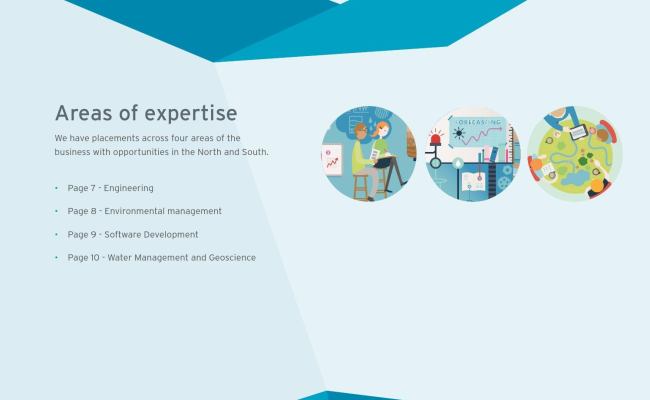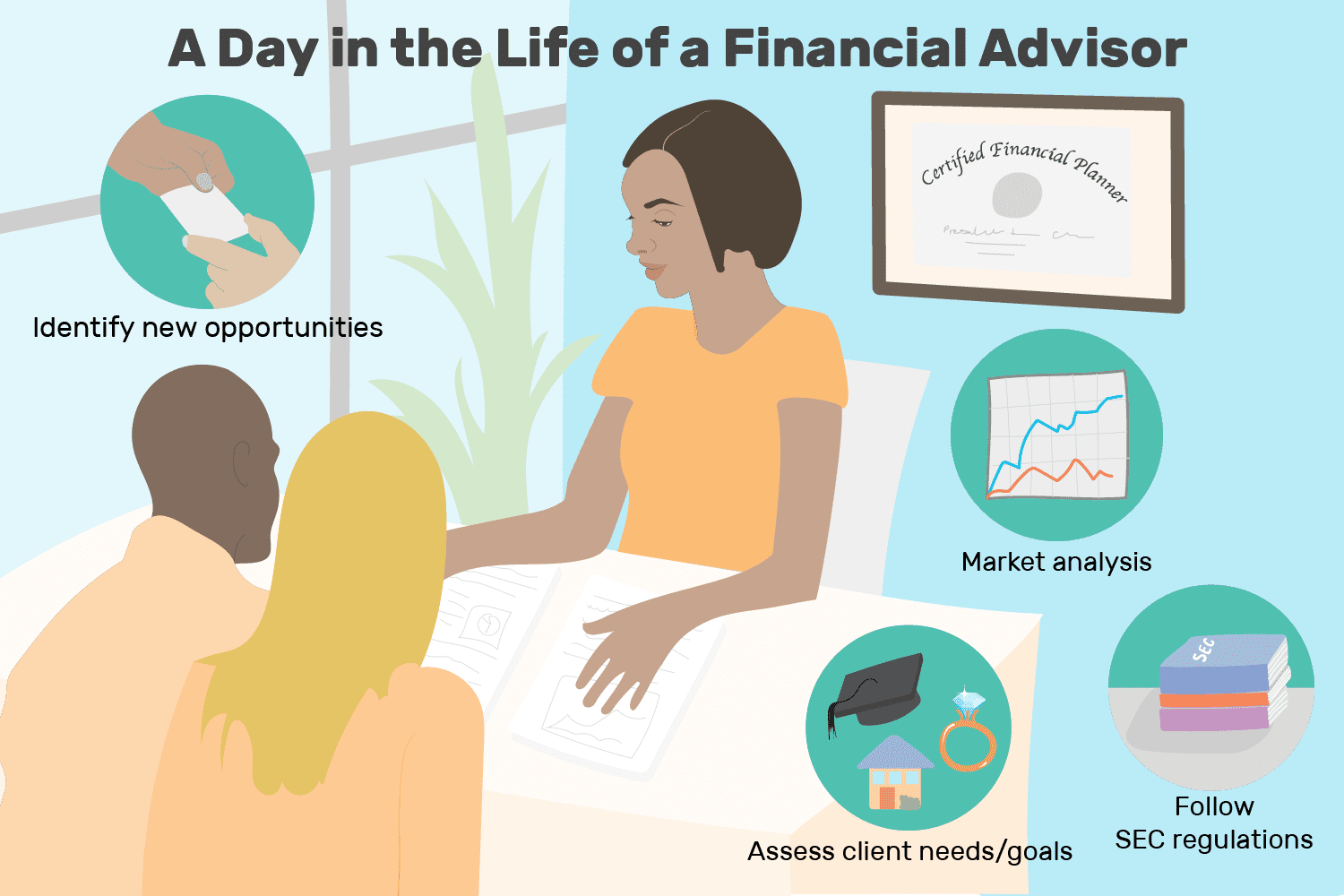
Are you looking to become an insurance consultant or broker? Do you have an insurance consulting experience? For more information, please read this article. Here are the qualifications needed to become an insurance consultant. Learn more about professional liability insurance, licensing as an insurance consultant, and exemptions to a license. We will discuss the salary, which is usually much higher than other consulting jobs. In addition, we'll explore the many benefits of becoming an insurance consultant. Consider the qualifications and experiences of the consultant you are interested in before you begin your search.
Qualifications of insurance consultants
An individual who wants to work in the insurance consulting industry must be able to comprehend complex financial concepts. Along with understanding the intricacies associated with insurance policies, it is important that insurance consultants are creative and innovative when meeting clients' needs. A company's ability to promote an individual is often a determining factor in their advancement. However, some companies require that they hire someone from the outside while others require them take on a new role. Advancement can be achieved by increasing responsibility and learning new skills.
While the education and training requirements for insurance consultant can vary from one state to another, in general applicants must have a bachelor’s degree or equivalent experience in an insurance-related area. Some employers require that consultants have a minimum of one year of experience in insurance and be able to communicate well with others. Certification may also be required in some states, but these requirements are not a prerequisite for many positions. Many consulting jobs involve extensive travel which can increase the risk of job instability.

Professional liability insurance
Professional liability insurance is also known by the name errors and omissions. It's something you probably have heard about if you are a consultant. This insurance covers you against lawsuits from unhappy clients, and also covers any damages resulting from such claims. Sometimes, a dispute can arise between a consultant and a client and end in a lawsuit, even if there were no mistakes or oversights. Consultants who work with clients often will benefit from this type of insurance.
Professional liability insurance covers the consequences of omissions and mistakes that can lead to economic loss. Insurance covers both intentional and accidental breaches of contracts. This type of coverage can also be used to cover legal fees or court costs for clients who sue you for a contract breach. Many policies will cover subcontractors. You will need to purchase a separate policy if your business depends on professional services.
Exemptions
Insurance Law requires all licensed agents and brokers to continue education. The requirements for continuing learning are described in section 2132. Long-term licensees do not have to comply with CE requirements. However, certain circumstances allow for exemptions. This applies to ticket agents selling travel insurance, agents with a license not issued by a state insurance board, and agents who only practice in California.
Although a certified insurance consultant cannot receive payments from an insurer or producer, they may still earn credits. This license is not subject to the federal investment advisers act, and may serve any person, organization, or corporation. There is a one-year waiting period after the license is suspended or revoked. A licensee cannot practice under this title after it is revoked. These conditions may also apply to licensees from other states.

Compensation
Although it may seem that consulting businesses are safe, workplace injuries and accidents can have devastating financial consequences. Slips and falls, as well as chronic conditions like carpal tunnel syndrome, can cause serious damage. Even minor injuries could cause serious long-term damages, so it's crucial to ensure that your company has compensation insurance. Here are some facts about business insurance.
While you may not be required by law to have workers' comp insurance, it is essential to protect yourself as well as your employees. Even if you do not employ any employees directly, you are responsible to ensure their safety and well-being. Your insurance policy will not pay for the expenses if your employee is hurt while working for you. Workers' compensation is an option that can help you pay for lost wages due to illness or injury. Workers' compensation is an important piece of legal protection that you should consider for your company.
FAQ
What are some of the advantages to being a Consultant?
As a consultant, you can usually choose when you work and what you work on.
This means that you can work when you want and wherever you want.
It means that you can change your mind easily without worrying about losing your money.
Finally, you have the ability to control your income levels and establish your own schedule.
What can I expect of my consultant?
When you choose your consultant, they should respond within a few working days. They will often ask about your company's mission, goals and products. They will then send you a proposal that outlines the scope of work and estimates timeframe, fees, deliverables, milestones and other details.
If everything is in order, then the parties will enter into a written contract. The type of relationship between them (e.g. employer-employee or employer-independent contractor) will determine the terms of the contract.
If all goes according to plan, the consultant will begin working immediately. S/he will have access to your internal documents and resources, and you'll have access to his/her skills and knowledge.
Don't think that consultants are experts. It takes time and practice to become an expert on any subject you consult. Your consultant should not assume that they know everything about you business.
How do I get clients for my consultancy business?
Find an area that you are passionate about. It can be anything you like, including public relations or social media. You might have to start small, such as by finding niche markets like web design. Once you've found this niche, make sure you understand what makes it tick. What problems does this solve? Why should people use them? But most importantly, what can you do to help them?
You can also try approaching businesses directly - perhaps they need someone who understands SEO or content creation, or maybe they just want to know where to go for advice on social media strategy.
If all else fails, why not offer your services at free events like networking evenings and conferences? This will allow you to meet potential customers without the need for advertising and also allows you to showcase your skills.
What skills are necessary for consulting?
Strong interpersonal and analytical skills are essential for consultants. This is vital because you may not understand the scope of your work. You need to be able to manage people quickly and solve problems efficiently.
Also, you must have great communication skills. Most clients expect an answer within 24 hours. If they don't hear back from you, they assume you aren't interested. It's crucial to keep them informed and make sure they understand everything.
Are you a consultant?
Consulting is not just an entry-level career choice for people who want to make money fast - it's also a great way to learn valuable skills and build a solid foundation that you can use throughout your work.
Consulting can offer many career opportunities, such as project management and business development. Projects could include small start-ups or large international corporations.
Consulting provides you with the opportunity to develop and hone your skills, as well as gain experience within a range of industries. This could involve learning to manage and negotiate teams, write proposals or manage budgets.
What is the difference?
An advisor is someone who provides information about a subject. A consultant can offer solutions.
Consultants work directly with clients to help them reach their goals. An advisor advises clients indirectly through books, magazines, lectures, seminars, etc.
Why would a company hire consultants?
A consultant offers expert advice on improving your business performance. Consultants are not here to sell products.
A consultant helps companies make better decisions by providing sound analysis and recommendations for improvement.
Consultants often work closely alongside senior management teams to help understand what they need to succeed.
They also provide leadership training and coaching to ensure employees develop the skills necessary to perform at peak levels.
They may advise businesses on reducing costs, streamlining processes, and increasing efficiency.
Statistics
- Over 50% of consultants get their first consulting client through a referral from their network. (consultingsuccess.com)
- According to IBISWorld, revenues in the consulting industry will exceed $261 billion in 2020. (nerdwallet.com)
- 67% of consultants start their consulting businesses after quitting their jobs, while 33% start while they're still at their jobs. (consultingsuccess.com)
- My 10 years of experience and 6-step program have helped over 20 clients boost their sales by an average of 33% in 6 months. (consultingsuccess.com)
- According to statistics from the ONS, the UK has around 300,000 consultants, of which around 63,000 professionals work as management consultants. (consultancy.uk)
External Links
How To
How do you find a good advisor?
Understanding your needs is the first step to finding the right consultant. Do you want them help improve your website's efficiency? Do you need them to optimize your site so that it ranks higher in search engines' results? Maybe you are looking for someone to point out any problems with your current web host. When you are clear about the services you require, you can start to look at other companies. Many consultants claim that they can offer these services. But only a small percentage of them are able to deliver. How can you pick the right one? These are some things you should consider when choosing a consultant.
-
Get referrals. This is probably the best way to choose a consultant. You shouldn't hire someone you haven’t met before as they will probably charge you too much. You also don't want someone with a poor reputation to work for you. You're fortunate enough to receive referrals from people you trust. But even if you don't, you still might be able to check reviews online. Find testimonials and case study examples from customers who have used your product.
-
Ask around. Many people don't realize that consulting could be beneficial for them. They think that since they're currently doing fine, they don't need to make changes. This is often false. Even if you are seeing great results, it is likely that you have not been keeping up to date with technology and trends. Your business could be missing out if it relies on outdated methods. It's worth asking your friends and family for recommendations to help you find the right consultant.
-
You should verify their qualifications. No matter how small your project is, it's important to ensure that the consultant you choose has the necessary skills. You need to ensure that the person you hire is qualified to do the job and has sufficient knowledge in the subject.
-
Find out what type of projects they are skilled in. You might think that everyone can handle all projects, but this is false. Some areas require specialized training and education. You won't hire a Drupal developer if you need to build a WordPress template. Graphic design and programming languages are all subject to the same rules. It is important to inquire about the types of projects that they work on.
-
Find out what their charges are. You don't want a consultant who charges too much. You also don’t want to spend too little. Consultants come in all shapes and sizes. While some consultants charge an hourly rate, others bill per project. You will save money if you know exactly what you're going to pay upfront.
-
Understand what they offer. Are they available for free consultations Can they provide advice on how to setup your own system? Do they promise that your site will rank higher once you have worked with them? You have the right to cancel at any time if you aren't satisfied with what was said during your consultation.
-
Also, ask if discounts are available for multiple months and years. Many consultants offer discounts for longer periods. Although you do not have to commit to a year, it is possible to take advantage of any offers they may offer.